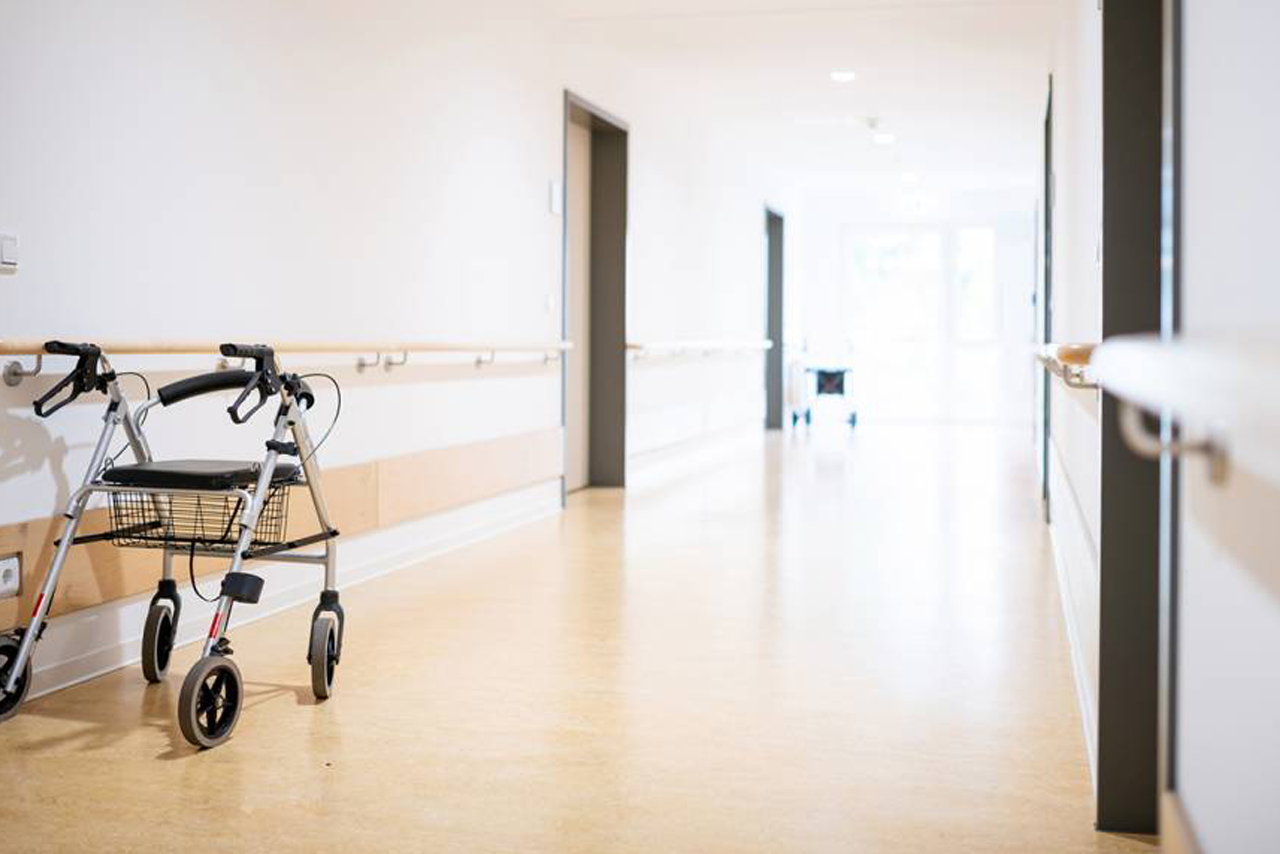Nursing Homes Act, RSNB 2014, c 125.
By: Weston McArthur (Student-at-Law)
Reading Time: 5 Minutes
On December 17, 2021, changes that were made to New Brunswick’s Nursing Homes Act (NHA)
came into effect. This piece of legislation lays out the law surrounding the establishment and
operation of nursing homes in New Brunswick.
The changes concern subrogation. In Riley v Ritsco, the British Columbia Court of Appeal
defined subrogation as “a doctrine that allows an innocent third party who pays compensation to
a victim, to stand in the shoes of the victim in recovering from the wrongdoer the amounts paid”
[para 110]. Subrogated claims operate differently depending on the circumstances, contracts, and
statues involved; in some cases, an insurer might have the victim sue on its behalf as part of their
claim, or may sue directly.
The prior version of the NHA did not have any sections pertaining to subrogation. In the current
version of the law, the subrogation provisions give the Government of New Brunswick the
ability to sue and claim money from wrongdoers who injure an individual to such a point that
they become a resident of its nursing homes for the purposes of funding the care of said resident.
Sections 28.1(1), 28.1(2), and 28.1(3) make this clear. Section 28.1(2) reads that “[t]he Crown in
right of the Province may make a claim in its own name or in the name of the person referred to
in subsection (1) who suffered personal injuries for recovery of the amount of assistance
provided by the Minister under section 23.”
Section 28.1(4) expounds that a wrongdoer will not be considered discharged of their liability
unless the injured party themself or the Crown attempts to recover or is successful in recovering
the amount that the wrongdoer owes the plaintiff. In tandem, section 28.1(6) plainly states that
“[n]o release or settlement of a claim is binding on the Crown in right of the Province unless the
Minister has approved the release or settlement in writing.”
Under section 28.1(7), if the wrongdoer was insured and the injured person does not attempt to
recover the cost of caring for them in a New Brunswick nursing home, then the insurer must pay
the Government the amount of that cost of care. In return, the insurer is off the hook with regards
to paying the insured party “in any subsequent claim.”
With all of that said, where the injured has already gone out and hired a lawyer and took
successful legal action against a wrongdoer wherein they recovered the cost of care for residing
in a nursing home because of the injury, the Government may authorize that the lawyer be
compensated for their service. This is discussed under section 28.1(9).
In conclusion, New Brunswick is unique among all other provinces and territories in Canada by
having a provision in its nursing homes legislation that concerns subrogation to the provincial
government.




